I like the folk dancing here in Chiriqui very much as it is similar to Scottish Country dancing. They both have Gaelic roots. Here in Panama the folk dancing is less energetic and there is more, much much more, wiggling of hips and swooshing of skirts - but that about sums up the difference between Northern Europe and Latin America in general. Also, instead of tartan, the girls wear beautiful brightly colored cotton prints with small flowers.
The big surprise today for me, and another British mum who came to watch, was that the May Pole is one of the traditional dances of Panama. It comes from Bocas Del Toro and is in the Carribean tradition which was greatly influenced by the UK as well. So, if you thought there was nothing more English than dancing the May Pole - think again.
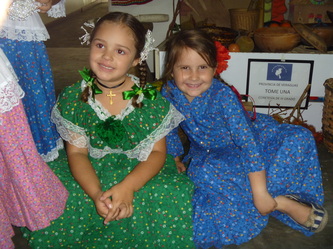
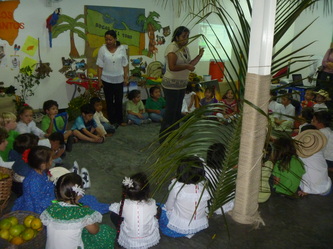
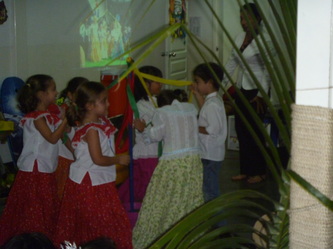
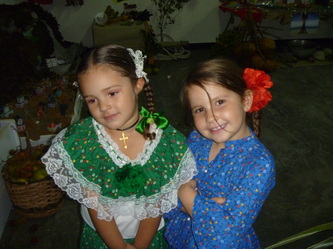
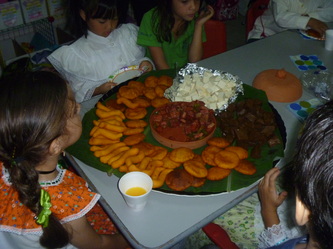
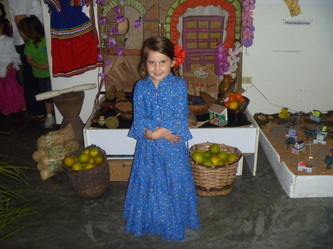
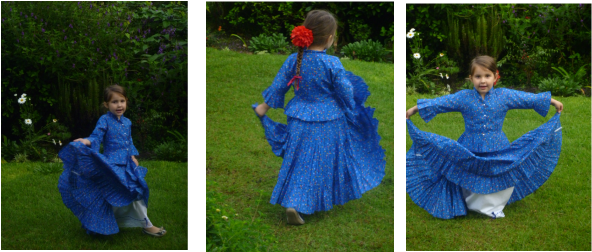
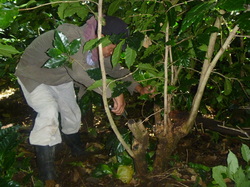
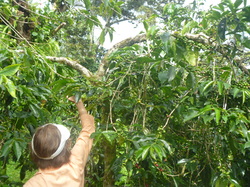
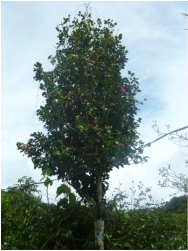
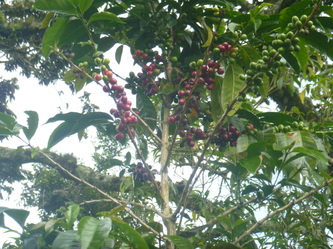
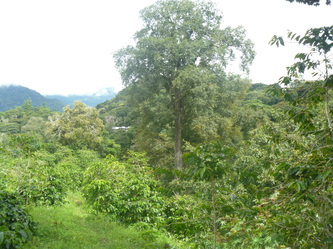
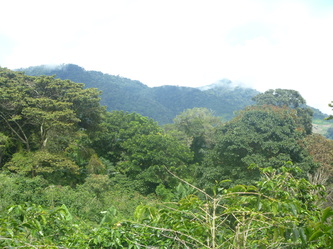
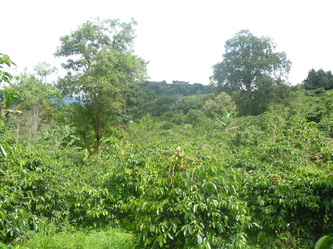
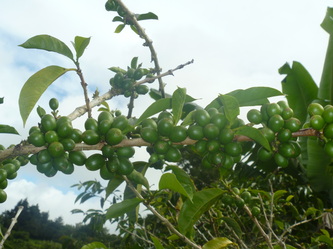
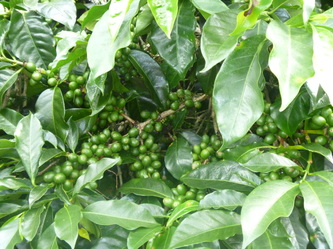
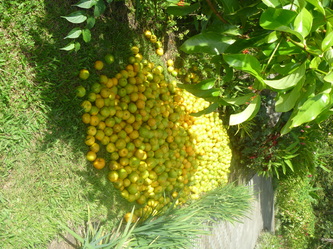
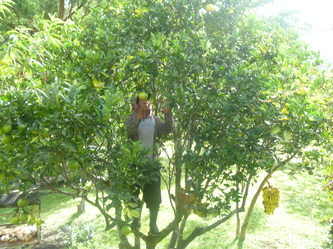
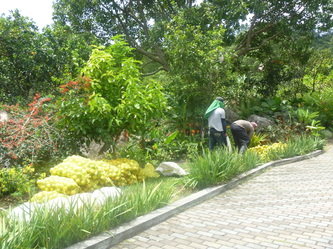
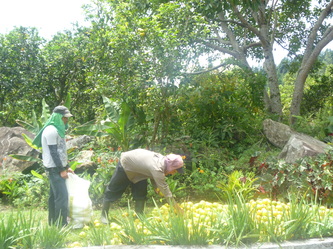
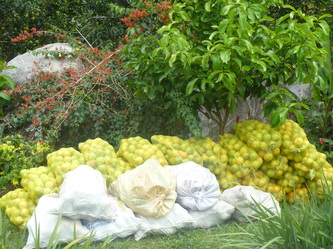
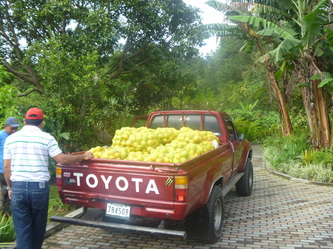
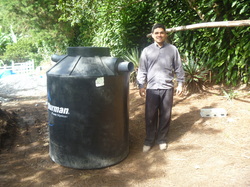
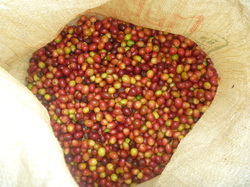



 RSS Feed
RSS Feed
